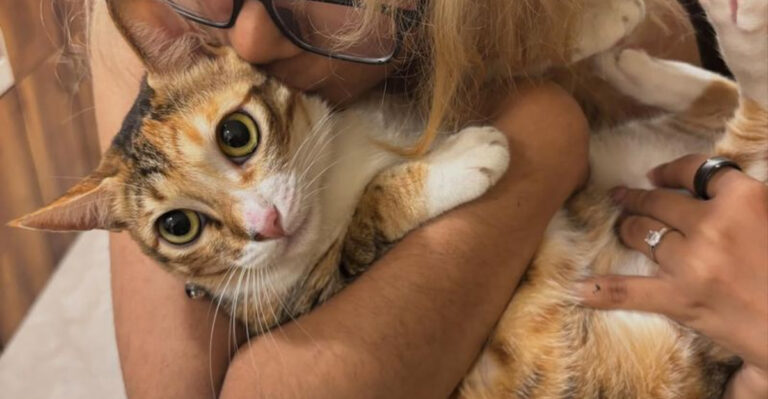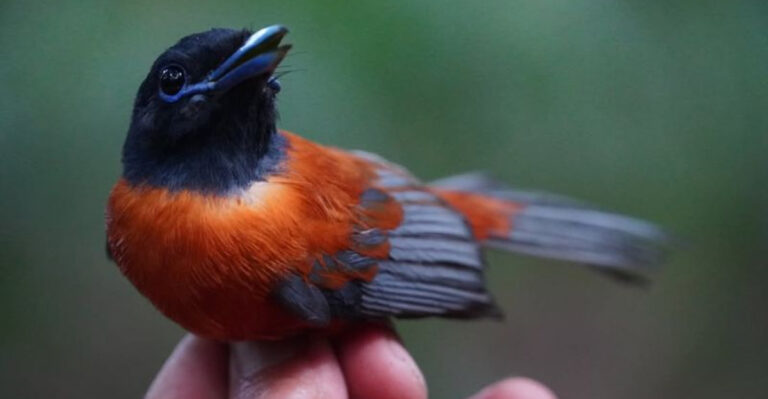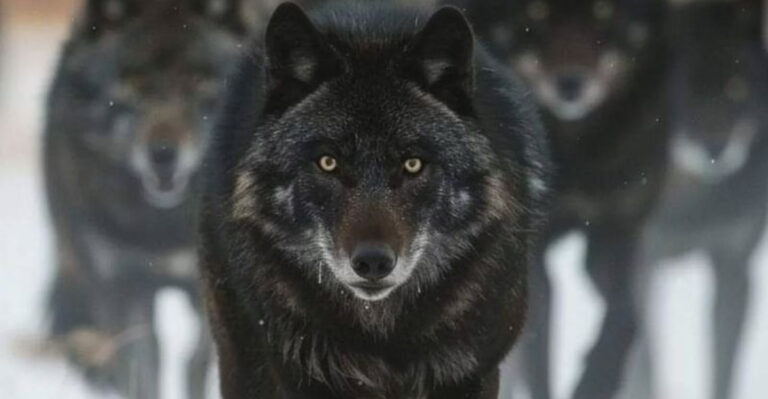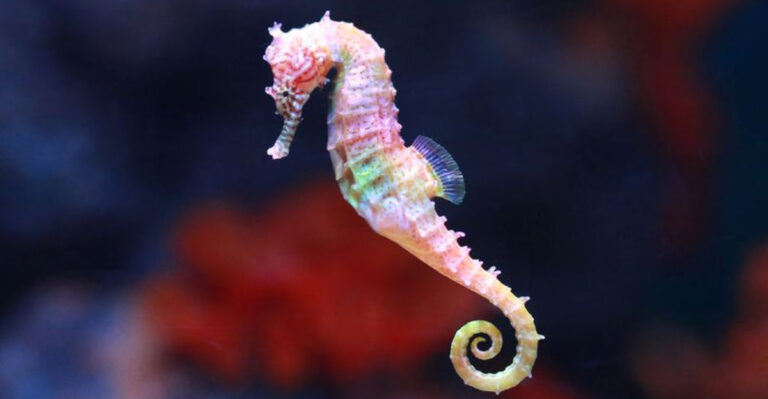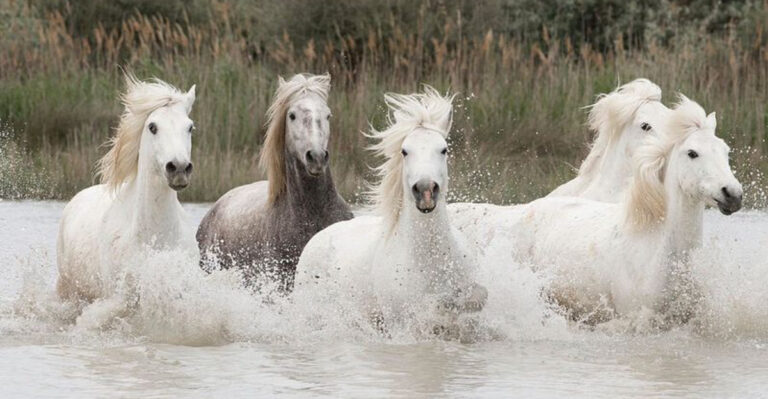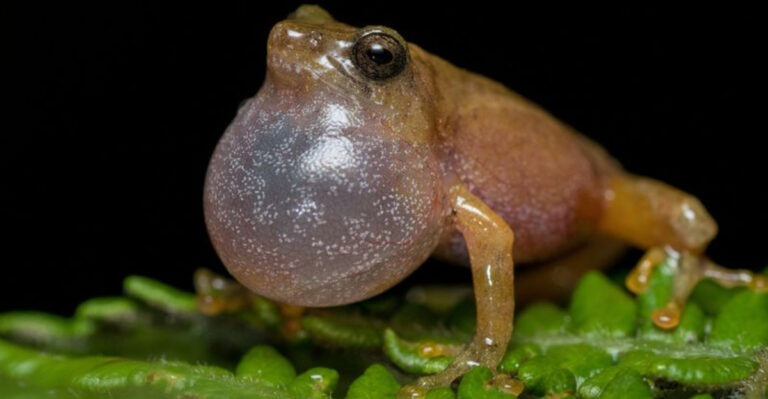15 Pet Birds First-Time Owners Should Avoid
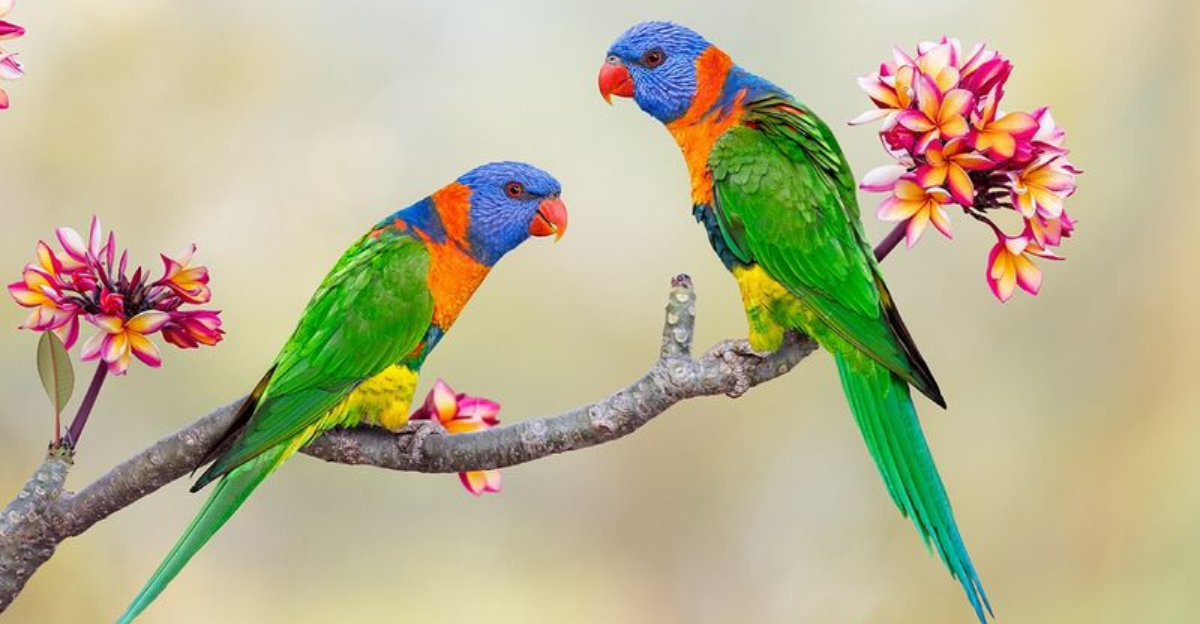
Choosing a pet bird is exciting, but some species are better suited for experienced owners.
While beautiful and fascinating, these birds can be noisy, demanding, or require special care that might overwhelm beginners.
In this post, we’ll dive into bird species that might be better left to more seasoned bird lovers. It’s all about finding the right fit for your lifestyle and experience!
1. Cockatoos
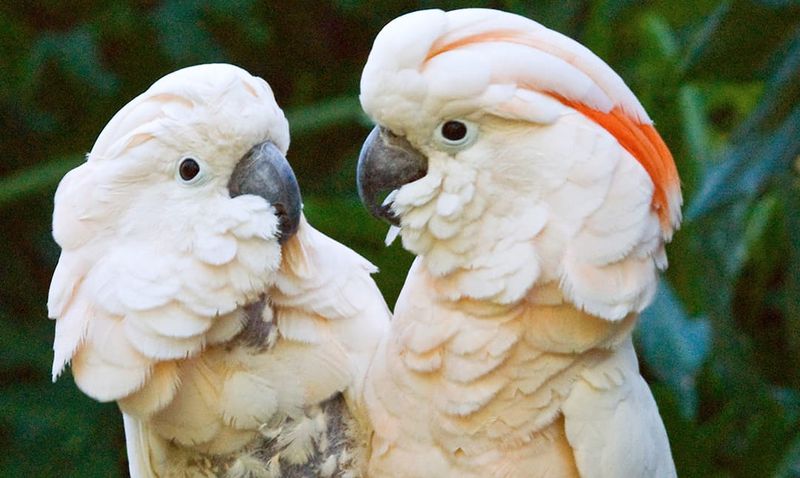
Cockatoos are super cute with their fluffy crests and playful vibes. But don’t be fooled—they’re a handful!
These clever birds get bored easily, which can lead to loud screams and destruction. They need lots of mental stimulation and attention to keep them happy.
With their strong beaks and loud calls, they can shake up your day. If you’re not ready for their social and physical needs, they might not be the best first pet!
2. Lorikeets
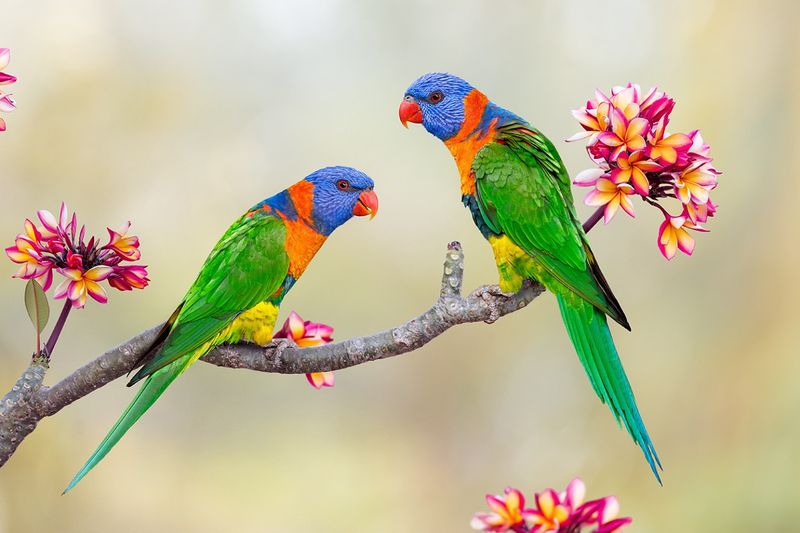
Lorikeets are bright, lively birds with stunning colors and big personalities. They need a special diet of nectar and fruits, which can be messy and time-consuming to prepare.
These social birds love attention and need regular interaction to stay happy. Their energetic nature and loud calls can be overwhelming for new owners.
First-time bird owners may struggle with their care needs, especially when it comes to diet and socialization.
3. Hooded Pitohui
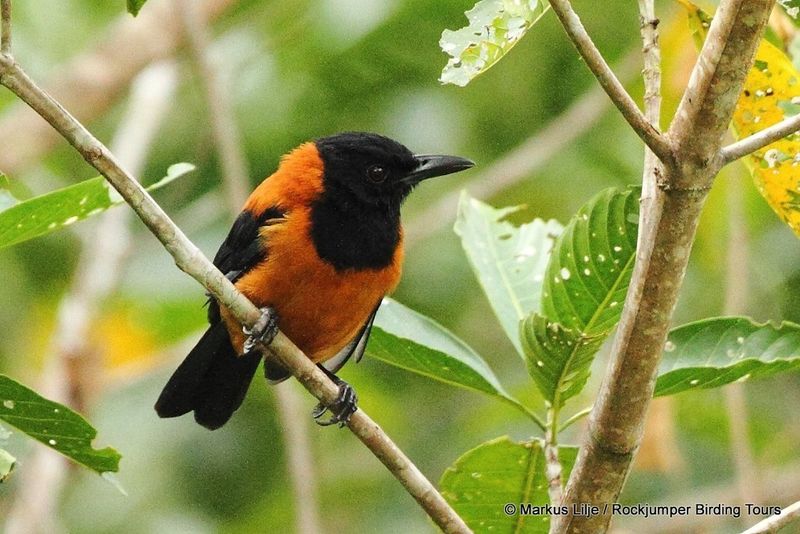
The Hooded Pitohui, native to New Guinea, stands out due to its vibrant appearance and toxic nature. Its skin and feathers contain batrachotoxin, a potent chemical that can cause numbness or irritation upon contact.
Handling this bird requires extreme caution, making it unsuitable for novice bird owners. Its diet and habitat needs are also specific, demanding careful attention.
These birds are more likely appreciated from a distance in their natural habitat. For those considering a Pitohui, extensive research and specialized knowledge are necessary to ensure proper care and safety.
4. African Grey Parrots
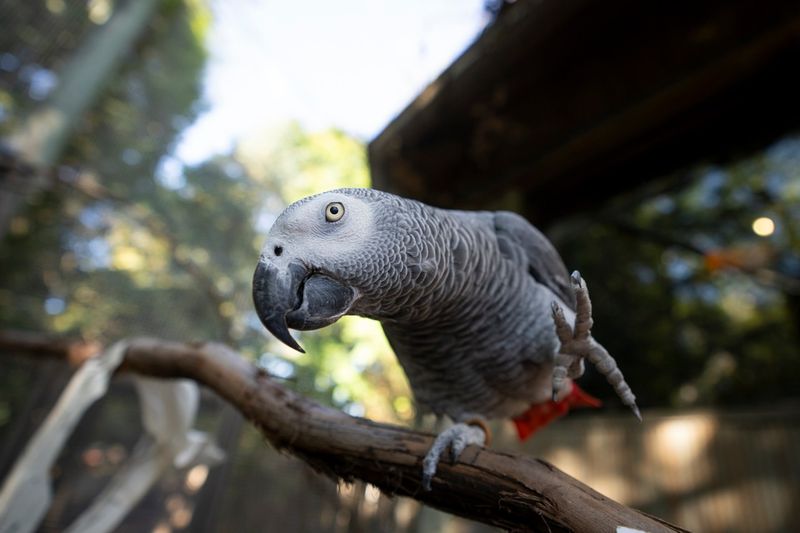
African Grey Parrots are known for their intelligence and ability to mimic speech, making them popular pets.
But their smarts come with a catch—they need lots of mental stimulation and social interaction.
Without enough engagement, they can get anxious or even pluck their feathers.
These birds are sensitive to their owner’s emotions and need a calm, stable environment to thrive.
Due to their high needs, they’re not the best choice for first-time bird owners. They’re better suited to experienced bird lovers who can meet their complex demands.
5. Conures
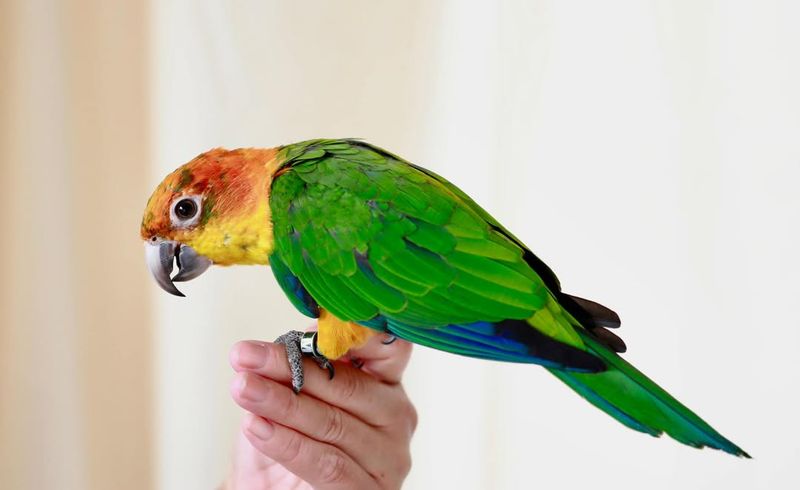
Conures are small but packed with personality, thanks to their bright feathers and playful behavior.
But they can be a handful for beginners, especially with their loud calls and constant need for attention.
These social birds thrive on interaction and can get bored if left alone too long.
Their need for engagement means owners have to dedicate time, which can be a big commitment.
6. Macaws
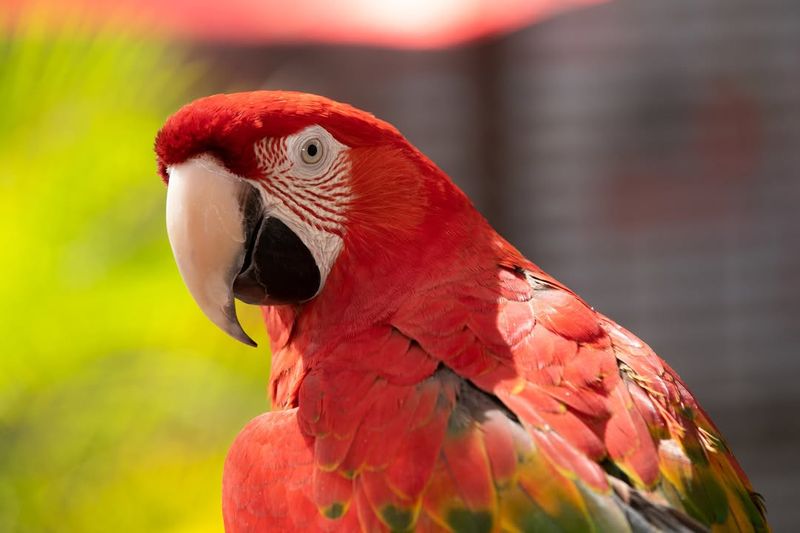
Macaws are stunning with their colorful feathers and big wings, but they’re not exactly easy pets. Their size and social needs can be a challenge for first-time bird owners.
These smart birds need tons of stimulation and training to avoid boredom. Plus, they need a lot of space to fly and exercise.
Macaws are loud, and their squawks can definitely startle you! They form strong bonds with their owners, which can lead to separation anxiety if not given enough attention.
7. Lovebirds
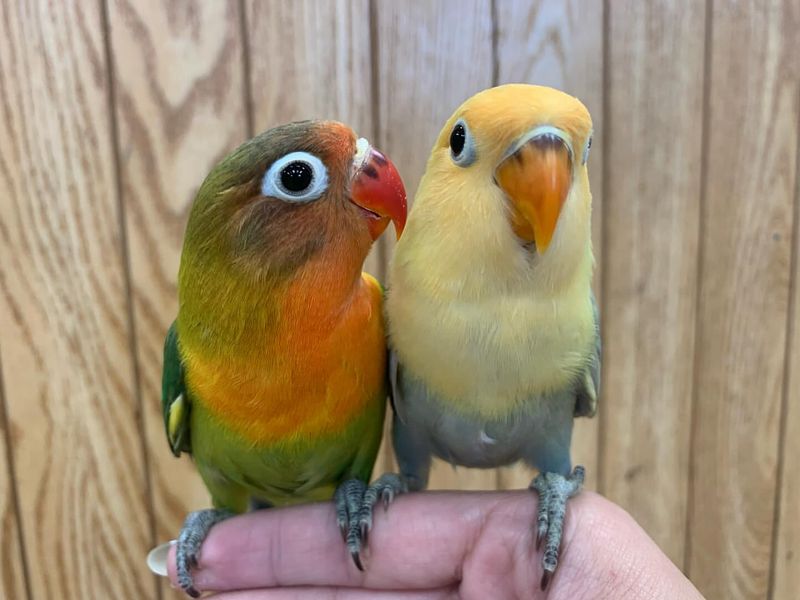
Lovebirds are sweet and colorful, making them a popular choice for new bird owners. But their strong pair bonds and territorial behavior can be tricky to manage.
These affectionate birds need constant companionship, either human or avian, or they can get stressed. Their loyalty can make them less independent than other pets.
Their territorial instincts also make introductions to new environments challenging. Lovebirds are best for experienced owners who can handle their unique social needs!
8. Quaker Parrots
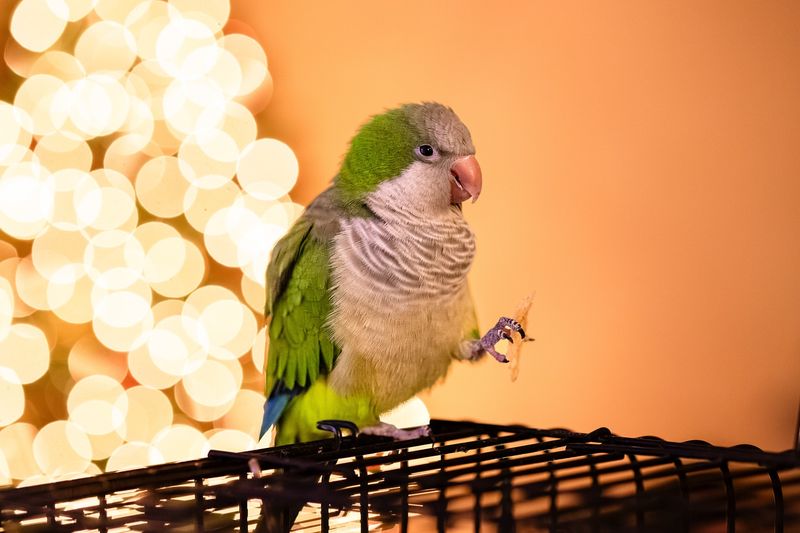
Quaker Parrots, with their lively personalities and social nature, are a lot of fun. But they’re also big nest-builders and can get messy if their habitats aren’t maintained.
These smart, curious birds need plenty of mental stimulation to stay happy. Without it, they can become noisy and a bit disruptive.
They can also be territorial and aggressive if not properly socialized. While charming, they require a lot of care and training, making them best for experienced owners!
9. Caiques
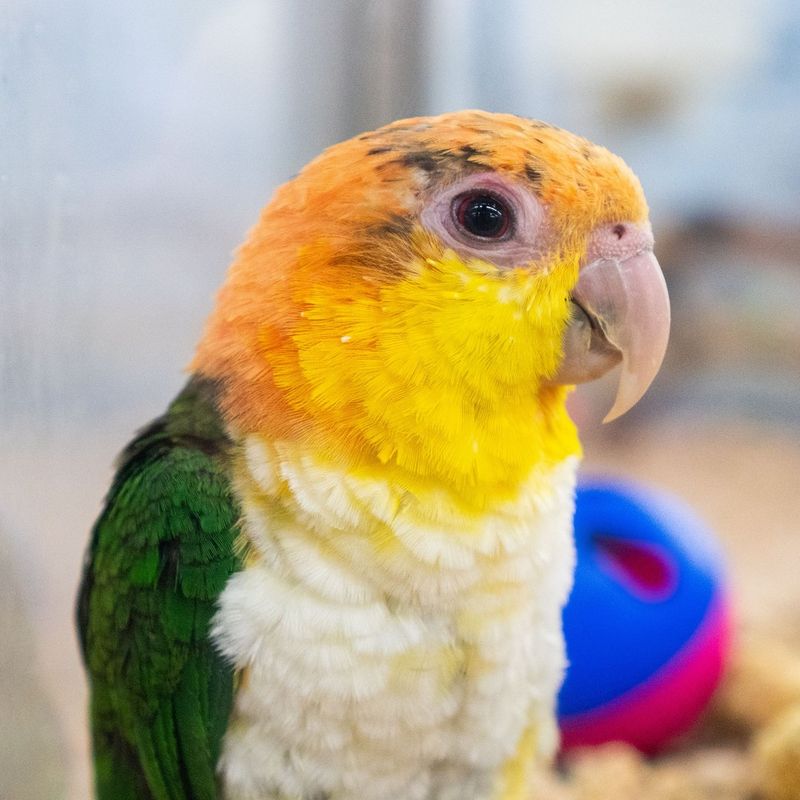
Caiques are playful, energetic little birds with a fun, clown-like vibe. But their high energy can be overwhelming for first-time bird owners.
These birds need lots of playtime and stimulation to stay happy. If not trained early, their stubbornness can lead to behavioral issues.
Their lively personalities make them perfect for owners who can keep up with their energy. Without enough engagement, they might start nipping or acting out!
10. Ringneck Parakeets
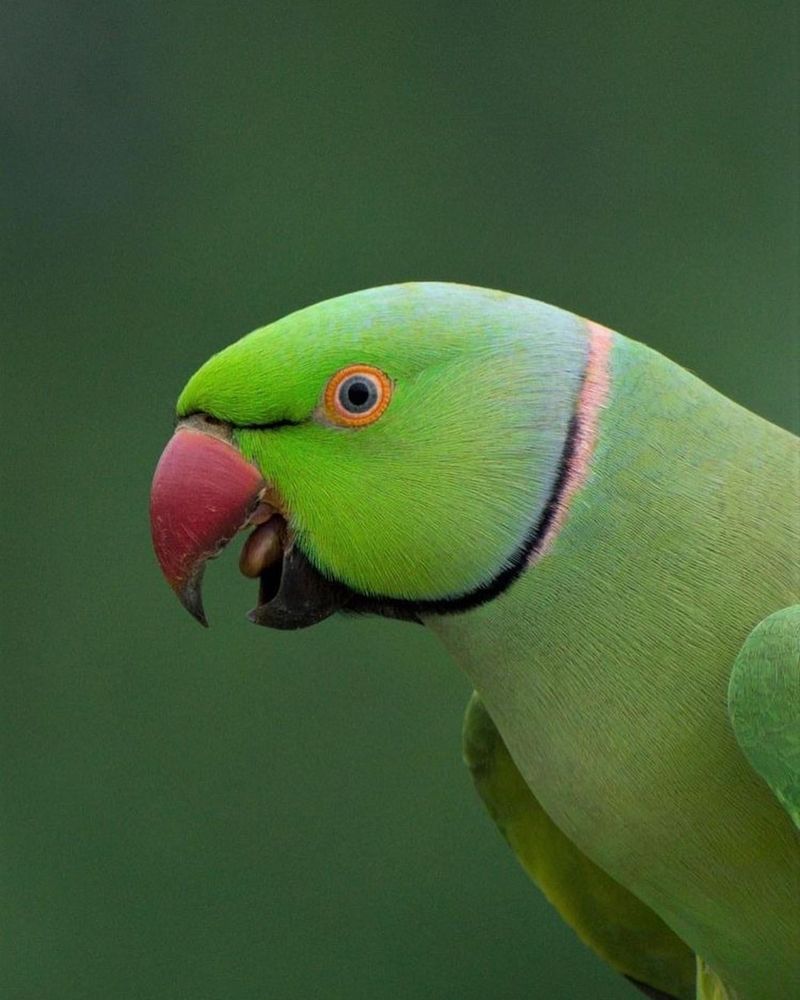
Ringneck Parakeets are stunning with their bright colors and knack for mimicking speech. But their strong-willed personalities can be tough for first-time bird owners to handle.
They need plenty of space to fly and lots of training to manage their independent, sometimes aggressive behavior.
While they’re not the cuddliest, they can bond with proper socialization.
These birds need structure and regular engagement, so they’re better suited for experienced owners ready for the commitment!
11. Budgerigars
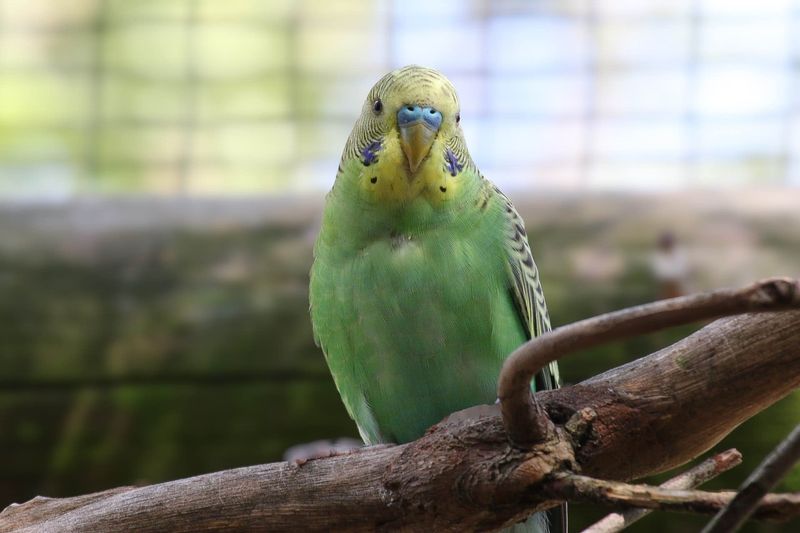
Budgies are tiny, but don’t let their size fool you—they come with some important needs! These social little birds love attention and need regular interaction to stay happy.
They may be small, but they need space to fly around and explore. And their chatter, while not as loud as bigger parrots, can still be pretty noticeable.
New owners might miss their need for mental stimulation, which can lead to a bored bird.
12. Amazon Parrots
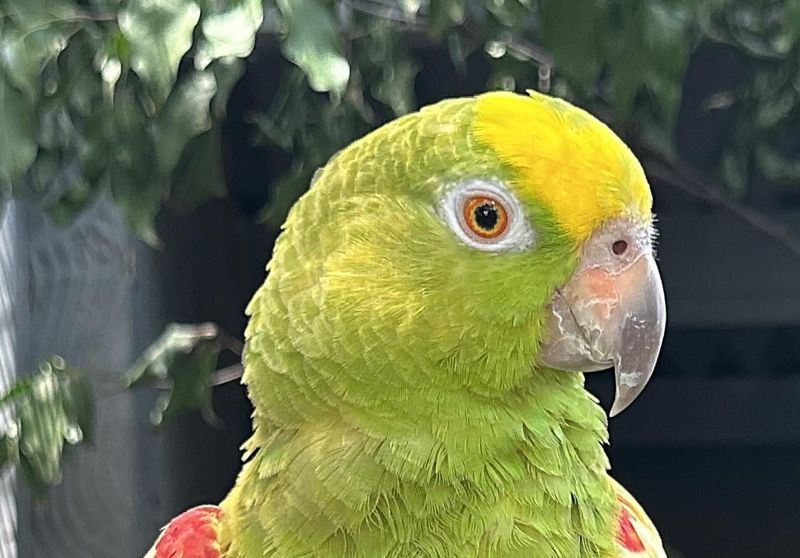
Amazon Parrots are stunning with their green feathers and lively personalities, making them an appealing choice.
But their strong will and energy require an experienced owner to keep them in check.
They’re known for being vocal, which can lead to a lot of noise. Their playful behavior needs supervision, as they may test boundaries and cause some damage.
These birds also crave social interaction and mental challenges to stay happy.
13. Kea
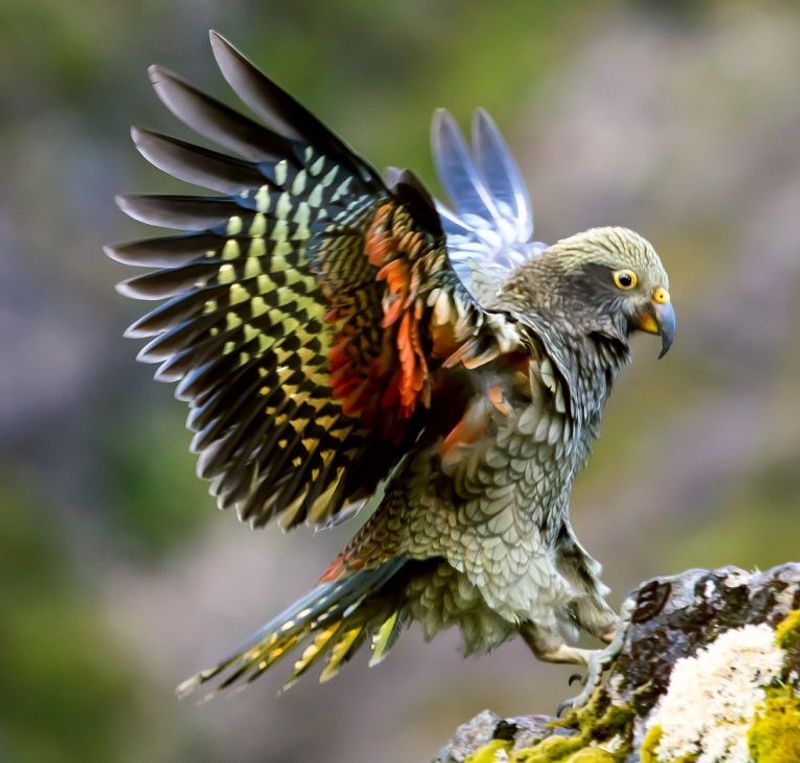
Kea, native to New Zealand, is renowned for its intelligence and curiosity. These alpine parrots are not your typical pet bird.
They are infamous for their mischievous behavior, often dismantling objects with their strong beaks.
Kea needs a stimulating environment to thrive, complete with puzzles and challenges to keep them engaged. Their loud calls and social nature require daily interaction.
Due to their complex needs, keas can be overwhelming for first-time bird owners.
14. Parrotlets
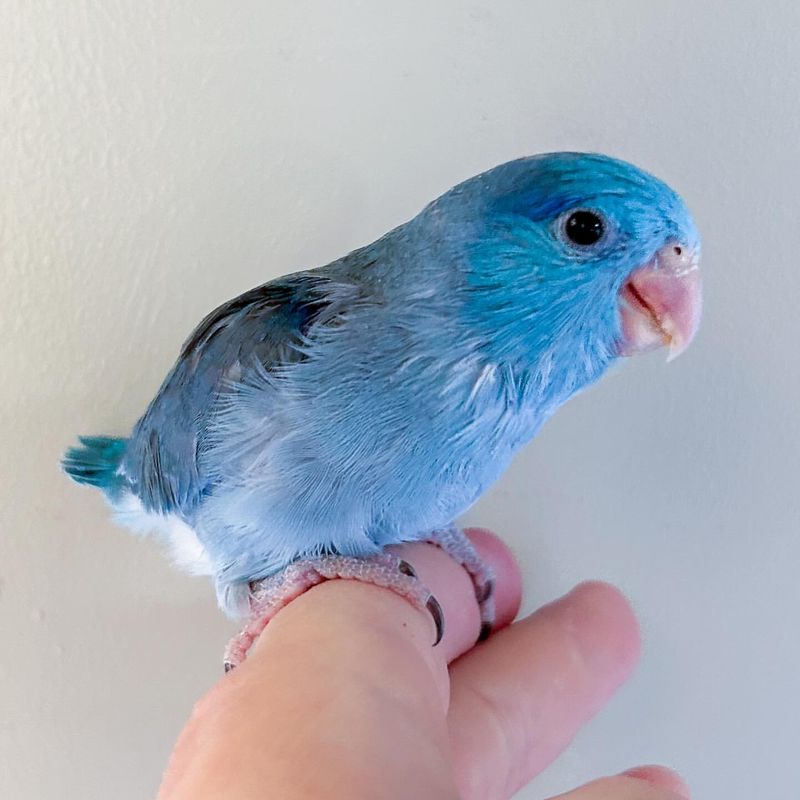
Parrotlets may be small, but they have big personalities and a strong territorial side. They need regular handling and socialization to keep their nipping and aggression in check.
These feisty birds love to explore and need plenty of toys and space to stay happy. They can be a bit territorial with other birds, so managing their environment is key.
For first-time owners, their bold personalities can be tricky to handle. Parrotlets do best with a structured routine and owners who understand their spirited nature!
15. Eclectus Parrots
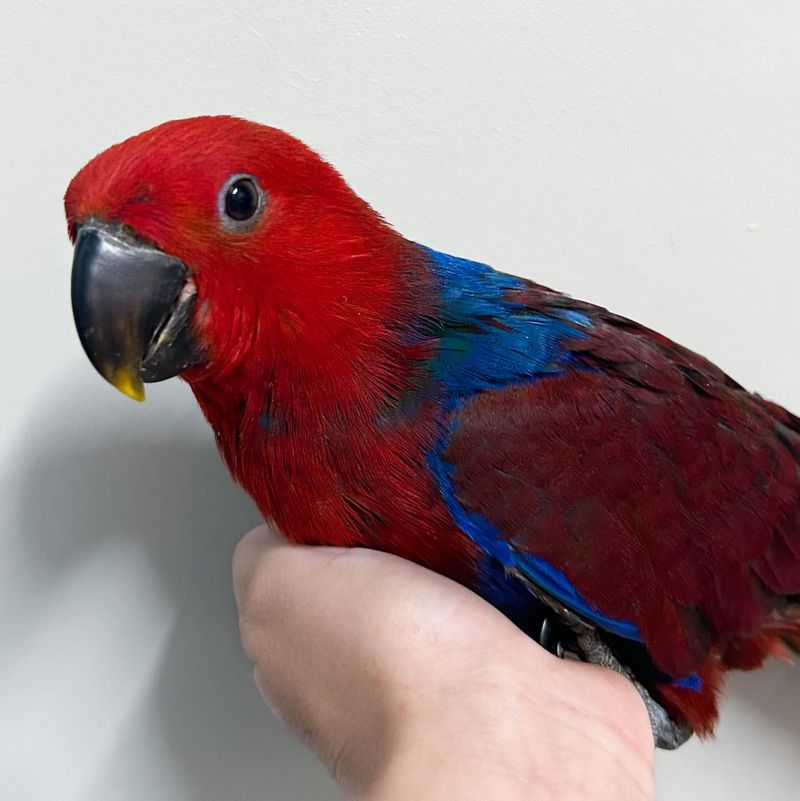
Eclectus Parrots are absolutely stunning with their vibrant feathers and calm vibes. But they’re not your typical easy-care bird!
They need a special diet full of fruits and veggies, which can be a lot to manage for first-time owners. Plus, they require lots of interaction to build trust and avoid stress.
If you’re not ready to keep up with their needs, they might be a bit too much. These parrots are best suited for owners who’ve got the time and experience!

